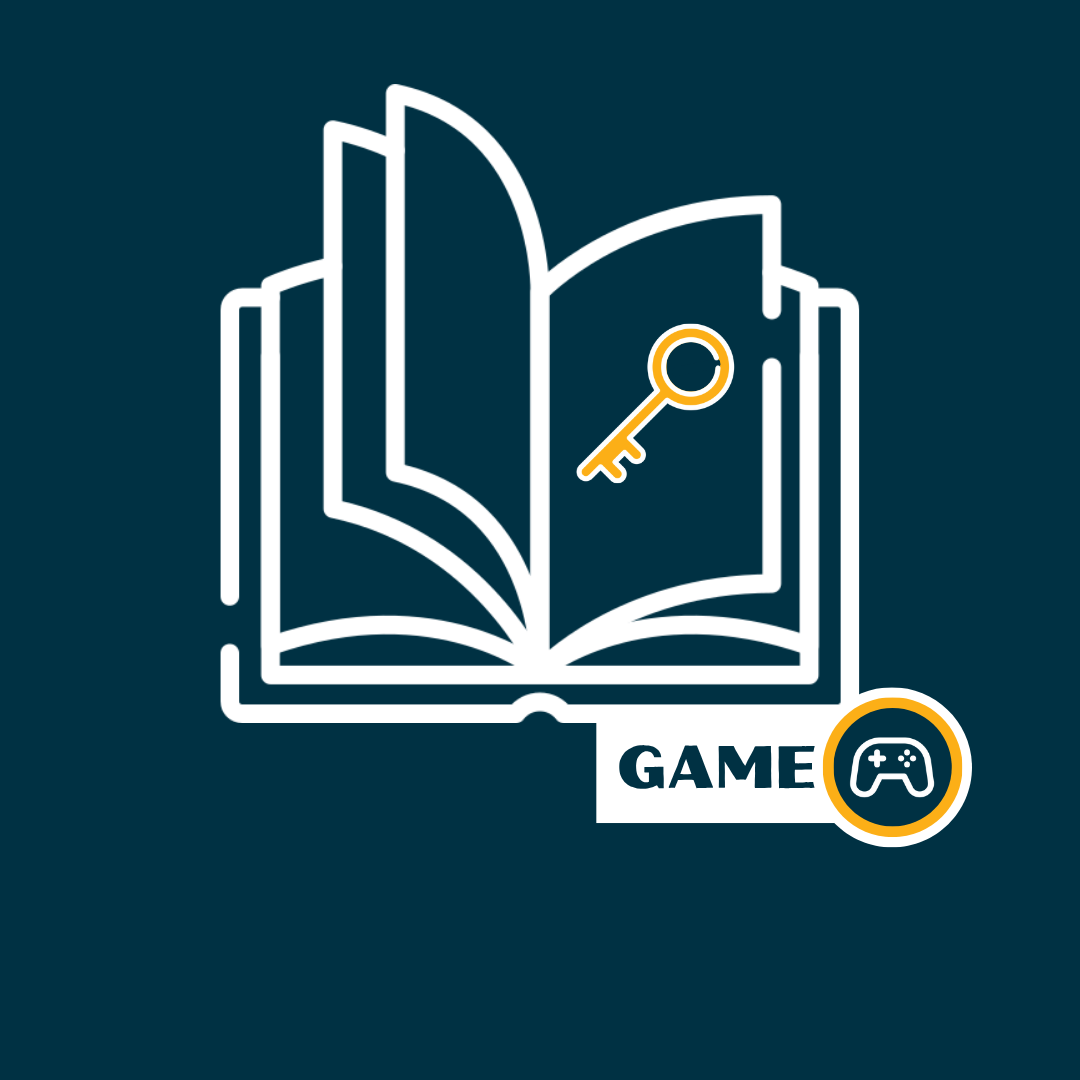The Right to Leave
Medical aid in dying and the question of dignity.

Joseph and Leah are dying. Not in the distant, abstract sense, but in the immediate, human way that feels heavy with pain, urgency, and isolation.
Joseph, 28, lives with treatment-resistant bipolar disorder. Leah, 29, is battling a devastating, antibiotic-resistant infection that has left her body in near-constant failure. Neither finds relief in the medical systems of their home countries.
Instead, they are navigating labyrinthine bureaucracies abroad with Joseph in the Netherlands, Leah in Switzerland, in search of what they call “a death with dignity.”
Their stories challenge the way many of us think about death. They are not asking for pity. They are asking for permission: to decide when enough suffering is enough, to exit life on their own terms, and to be supported, not punished, for doing so.
Their journeys force us to confront a question that our legal systems avoid: If suffering is real and unrelenting, what moral or legal authority denies someone the right to end that suffering?
What Do We Mean by “Dignity”?
Much of the conversation around medical assistance in dying (MAiD) hinges on the word dignity, but what exactly does that mean?
Dignity, in dying just as in living, is often associated with a sense of self-control, respect for one’s self-sovereignty, and the avoidance of unnecessary suffering. It’s about being seen as fully human, even at the end of life. Philosopher Judith Butler helps us go deeper here. In her work on grievability, Butler asks:
Whose lives are recognized as worthy of mourning? Who gets to die in a way that is witnessed, honored, and held?
From this point of view, a dignified death means more than medical support. It means your death reflects that your life mattered, that your pain is seen, your choice is heard, and your death is taken seriously.
It also means not being forced to stay alive just because the system says so. When that happens, when people are made to keep suffering even after asking for help, it can feel like their voice doesn’t matter, like their body is being kept alive but they are being ignored.
A dignified death is not just something a doctor approves. It’s something the community sees and respects. It’s a death that can be mourned. But for people who die by MAiD, especially for reasons that aren't terminal illness, their deaths are often hidden or seen as shameful. They may not get the same kind of public mourning or recognition as others. That silence can leave both them and their loved ones feeling invisible, even in death.
When someone like Leah is told she has to wait until her illness is terminal, or someone like Joseph is told he doesn’t qualify because his suffering is psychiatric, not physical, they’re not just being denied access to care.
They’re being denied recognition. They’re being told: your suffering doesn’t count the same way other people’s does. So you have to keep suffering.
More Than Medicine
At its core, the debate around MAiD is not only about healthcare. It’s about ethics. It’s about the role of autonomy in our lives and deaths, and whether the systems that surround us are capable of recognizing suffering that does not fit neatly into institutional categories.
Drawing again on Butler’s work, especially Precarious Life, we must confront how human lives are always shaped in relation to others, our families, our institutions, our governments. None of us exists in isolation, and none of us suffers alone.
The question then becomes: how should those systems respond when suffering becomes unbearable? Do they actively recognize the need for dignity and offer support, or do they fall back on passivity, delaying death while doing little to relieve pain, letting our complex healthcare systems stall access and withhold meaningful help?
In places where MAiD is allowed under strict conditions, like the Netherlands, Joseph’s case finds careful, thoughtful consideration. Dutch law permits MAiD for psychiatric patients, but only after multiple assessments, documentation of treatment-resistant illness, and review by independent boards.
These guardrails reflect an ethical seriousness that doesn’t treat the decision to die lightly, but still recognizes that some pain is beyond treatment, and some lives, while lived fully, become too heavy to continue.
Contrast this with most American states, where psychiatric conditions are automatically excluded from MAiD, and where even physically dying patients like Leah may be denied the option if they don’t meet a narrow six-month prognosis.
These limitations reveal a legal system more interested in preserving biological life than in acknowledging lives that have become isolated, physically unbearable, or morally abandoned…when continuing to live feels more like punishment than care.
The Real Ethical Risk
Critics raise an important concern: What does it mean to offer death in a society where so many don’t have the support to live well? In a country without universal healthcare, where mental health services are scarce and inequality rampant, isn’t MAiD potentially dangerous?
It sounds grotesque, but we must consider the possibility–could MAiD be a signal that we’ve given up, as a society, to create a more just system; the only lasting solution we can offer the underprivileged is a premature end?
This is a fair and urgent question. As the New York State Task Force warned back in 1994, when people’s suffering is relieved, emotionally, physically, socially, the desire to die often fades. So yes, MAiD must never replace a strong safety net. It must exist as one compassionate option within a well-resourced system of care.
But the opposite danger also exists: refusing MAiD forces people into prolonged suffering, or drives them to end their lives in isolation, without support or safety. That, too, is a form of cruelty.
A System That Works–Real World Examples
MAiD is not an experimental idea. It has existed legally in Switzerland since 1942, the Netherlands since 2002, and Canada since 2016. In the U.S., Oregon was the first state to legalize it in 1997, followed by Washington, Vermont, California, Colorado, New Jersey, Maine, Hawaii, and a few others. Over 10,000 individuals have chosen MAiD in the U.S. since it became available.
And the data tells a clear story: people who choose MAiD are not being coerced. They are not overwhelmingly poor, marginalized, or lacking access to care.
In Oregon, for example, the majority are educated, insured, and already in hospice or palliative care. Their reasons are not primarily about pain, but about loss of autonomy (92%), loss of dignity (64%), and the inability to engage in life’s joys (88%), which are caused by the underlying ailment.
This reflects a broader truth: people are not asking to die because they want less from life. They’re asking because they expected more from their final days.
What the U.S. Should Do
To that end, here are several policy changes worth pursuing in the United States:
- Broaden eligibility beyond a six-month prognosis to include degenerative and treatment-resistant conditions, both physical and psychiatric, under careful review.
- Require robust capacity assessments (a medical check to see if the person requesting MAiD is both mentally capable of and voluntarily making the decision) involving multiple clinicians, especially in psychiatric cases.
- Mandate transparent oversight and reporting so data can inform ongoing policy and public trust.
- Expand access to palliative, mental health, and disability services, so MAiD is never chosen because care was denied.
- Guarantee funding for end-of-life planning and support, especially for marginalized communities.
- These steps are not just safeguards, they are expressions of what it means to treat each person’s life and death as worthy of care.
Trust, Not Despair
Some fear that if doctors help people die, it will erode public trust in medicine. But evidence suggests the opposite. In Oregon and elsewhere, it’s patients, not physicians, who initiate MAiD. And many who receive the medication never take it. Just knowing they have the option brings comfort.
In this sense, MAiD does not destroy trust, it affirms it. It tells people:
We see your suffering. We believe you. And we will not force you to endure more than you can bear.
Judith Butler’s ethics of recognition teaches us that care begins not with control, but with acknowledgment. MAiD, when thoughtfully regulated, becomes not the end of care, but its final, deeply human extension.
A 2023 report from the U.S. Census Bureau via the Administration for Community Living reports that by 2040, the number of Americans over 85 will double. With that will come more chronic illnesses and more complex suffering. Our systems must evolve, not by rushing people to die, but by listening carefully to those who, after trying everything else, want the choice to let go.
Joseph and Leah do not speak for everyone, but they speak for enough. They speak for the growing number of people whose pain does not fit within neat medical or legal boxes, and who are asking, publicly and vulnerably, for something different.
We should listen.
Note: Joseph and Leah were not contacted to participate in this article. Their inclusion is based solely on their publicly available social media posts and blogs, which chronicle their personal journeys in seeking Medical Assistance in Dying (MAiD) in European countries. Both individuals have chosen to share deeply personal reflections and experiences online. Their profiles can be accessed via the links embedded in their names above.
Roshelle "Ro" Patterson is a UX researcher, game designer, and multidisciplinary writer whose work explores the intersections of solarpunk storytelling, death education, environmental justice, and cultural preservation.
Roshelle is also a participant in the Tusk & Quill Rotational Program.
All opinions expressed here are solely of the author and do not reflect the views of the author’s employer.

 0
0
Featured Content
Stay up-to-date with our latest articles











